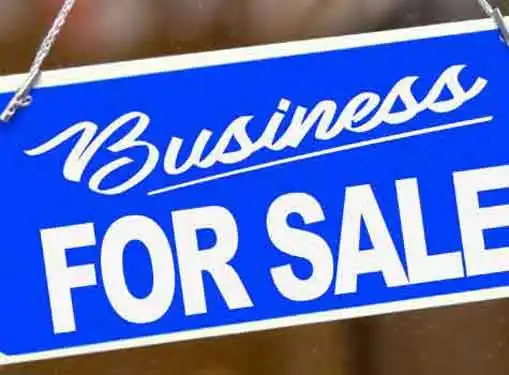Businesses to Buy
Buying a Convenience Store
Buying a convenience store isn't easy. Turnover rates are astronomical because there are literally hundreds of mistakes you can make during acquisition. We'll keep you on track and on target with our tips for buying a convenience store.
On the surface, a convenience store seems like an easy entry point into small business ownership.

Sellers promise a turnkey operation with an established customer base and a proven history of profitability. What could be easier, right?
In reality, a convenience store can be a risky way to enter the world of small business ownership. The convenience store for sale marketplace has lots of investment opportunities because turnover rates are high and the industry is littered with failed owners.
The upside is that a successful convenience store can provide a reliable income stream with minimal owner involvement. The key is to know what you're getting into before you acquire the business. Here's what every would-be entrepreneur needs to know about buying a convenience store.
- Location. Your first consideration when buying a convenience store should be location. Ideally, the store will be located on or near a busy route to maximize the amount of store traffic. But at the same time, it has to be easy for customers to pull into and out of the location. If it's located on a busy road without easy access, customers will opt for a store with lower access demands.
- Competition. Convenience stores don't generally benefit from differentiation because customers base their purchases on the station that is most convenient - not the one with the most bells and whistles. If the store's geographic cluster is saturated with other convenience stores, it's likely that none of them are operating at full profitability levels.
- In-store restaurant. Many convenience stores now partner with restaurant chains to create mini, in-store restaurants. An existing, in-store fast food center will up the purchase prices, but it could yield significant profits after the sale. If the store doesn't currently have an in-house restaurant, you may want to consider whether the space is right for adding a restaurant later on.
- Franchising. Some convenience stores are franchised and others aren't. Franchised convenience stores give owners the benefit of an existing brand, promotional campaigns and franchise support. You'll pay franchise fees, but many entrepreneurs find the cost of franchising well worth the benefits they receive. If the store isn't franchised yet, you could potentially convert it to a franchise after the sale.
- Due diligence. Don't rush through the due diligence process. Carefully examine every aspect of the business including financial statements, security, staffing, valuation and more. At some point, you'll also want to explore why the current owner is selling the business so you can avoid buying someone else's problems.
Share this article
Additional Resources for Entrepreneurs




Conversation Board
We greatly appreciate any advice you can provide on this topic. Please contribute your insights on this topic so others can benefit.